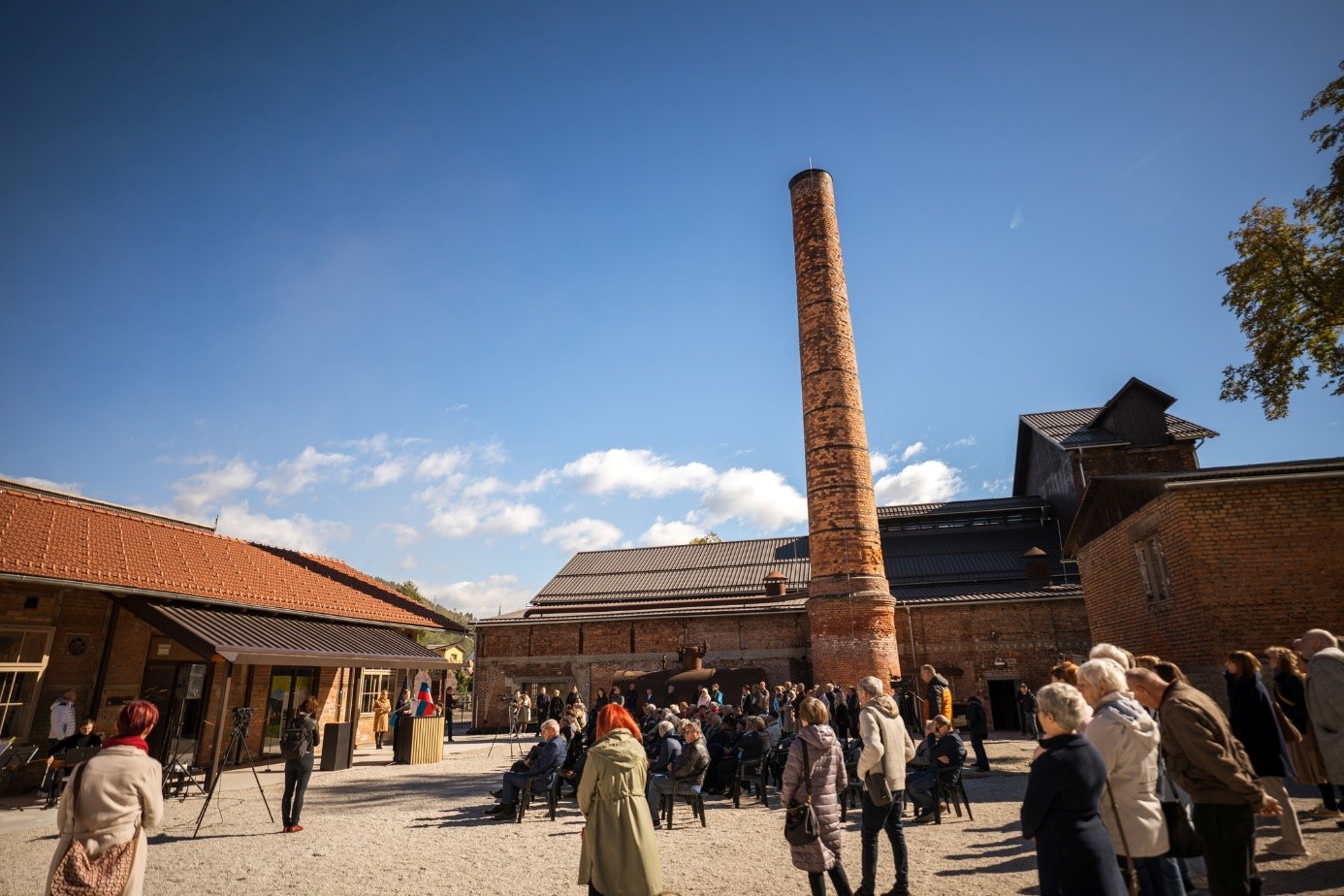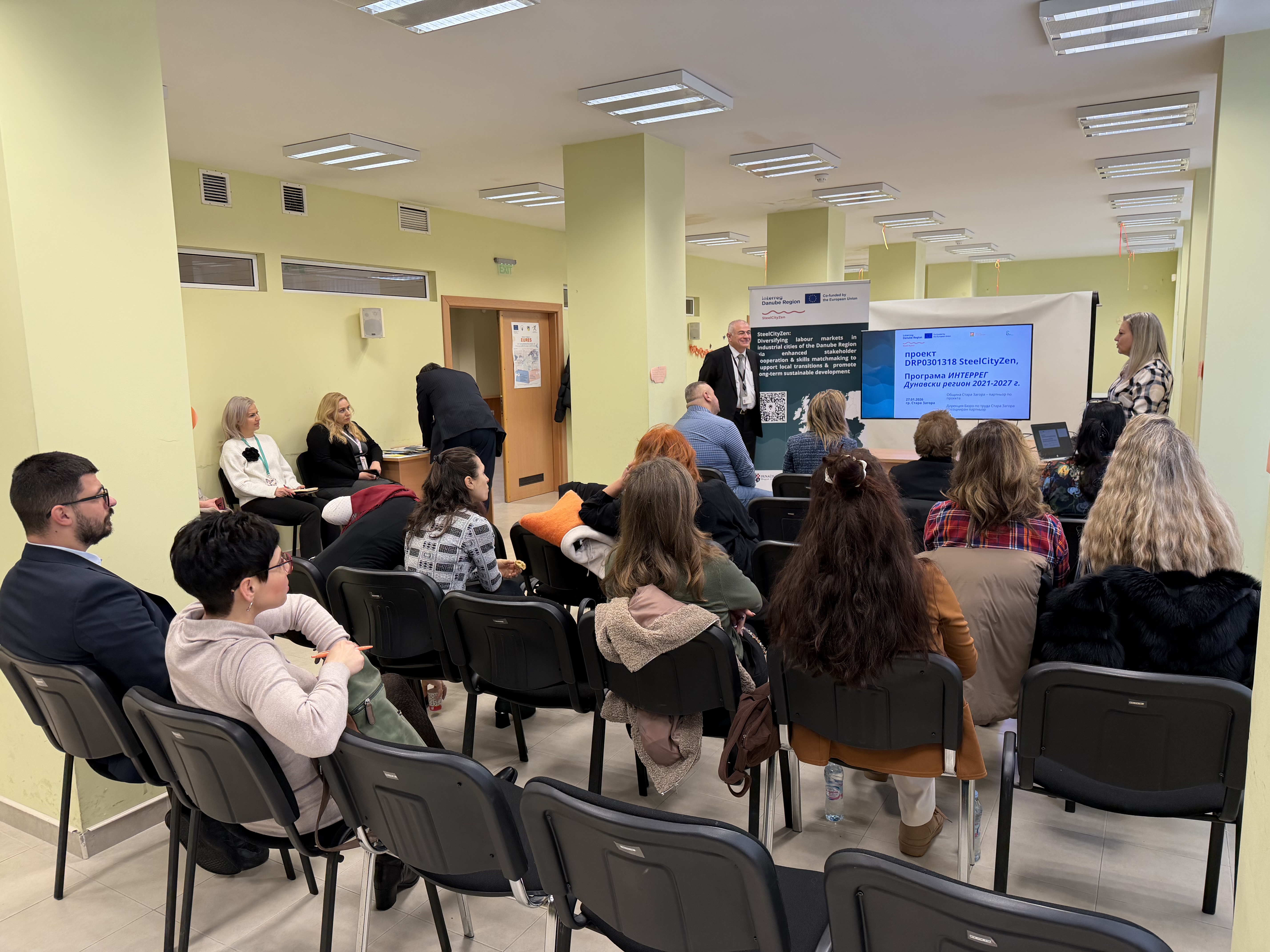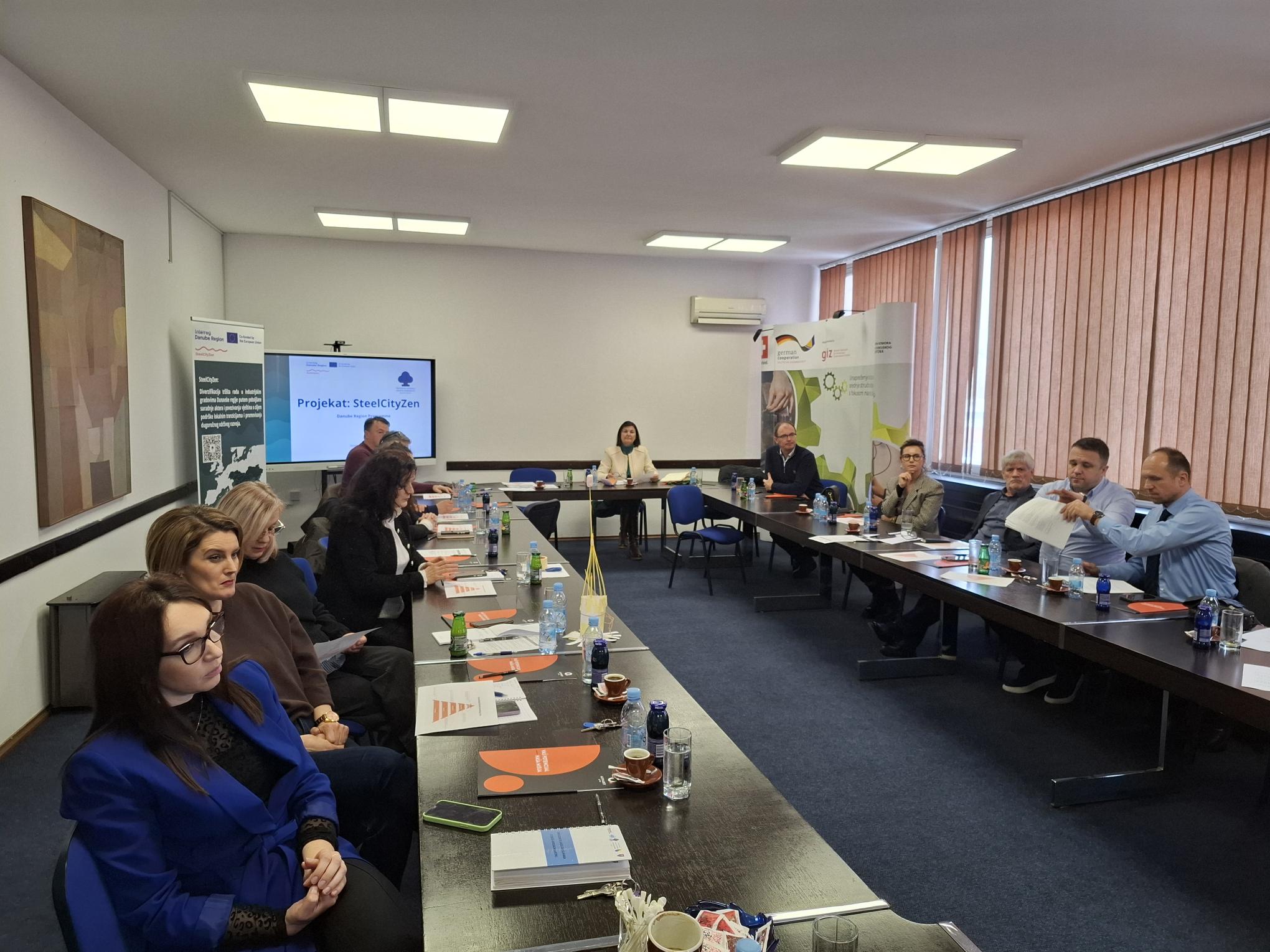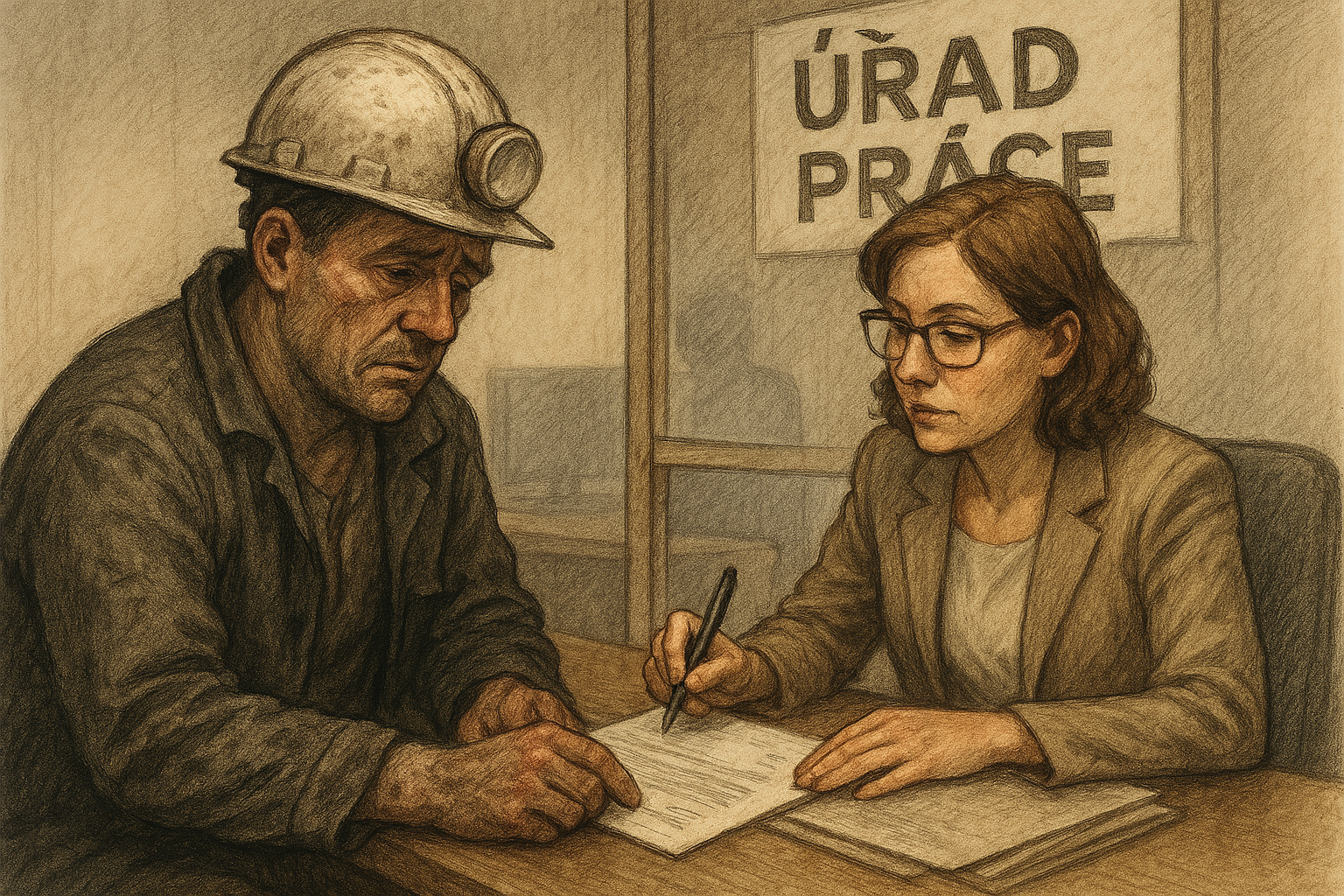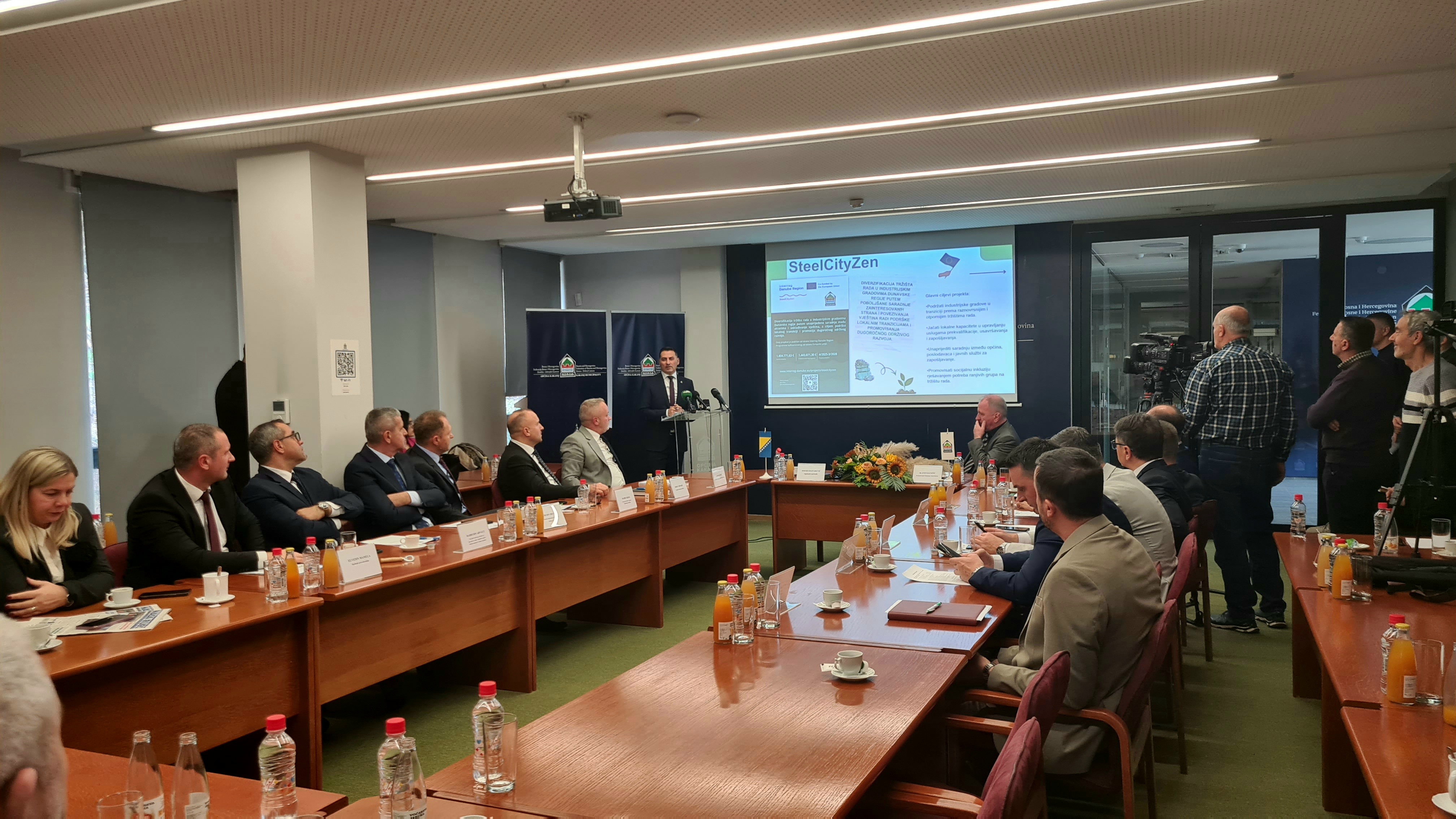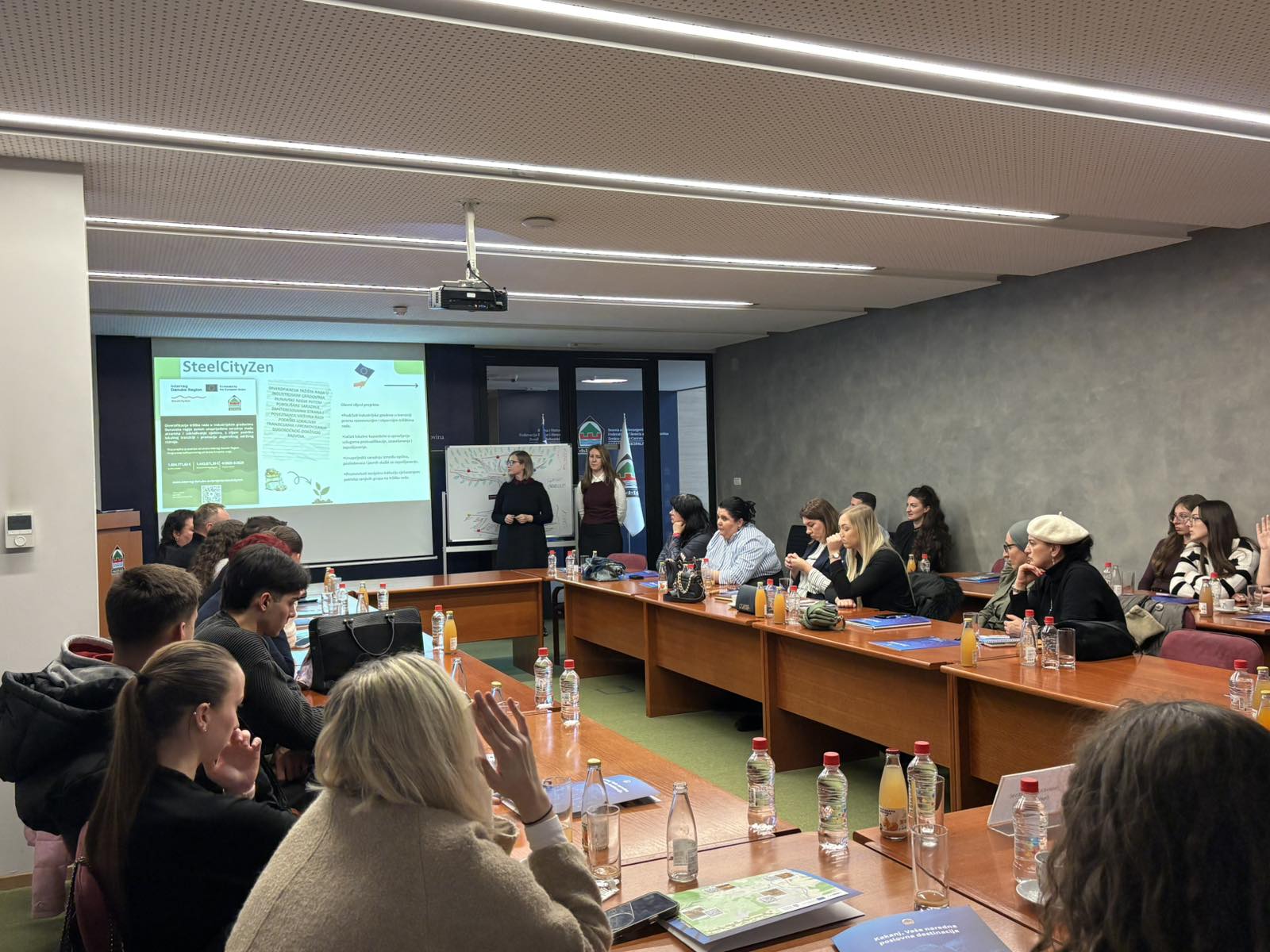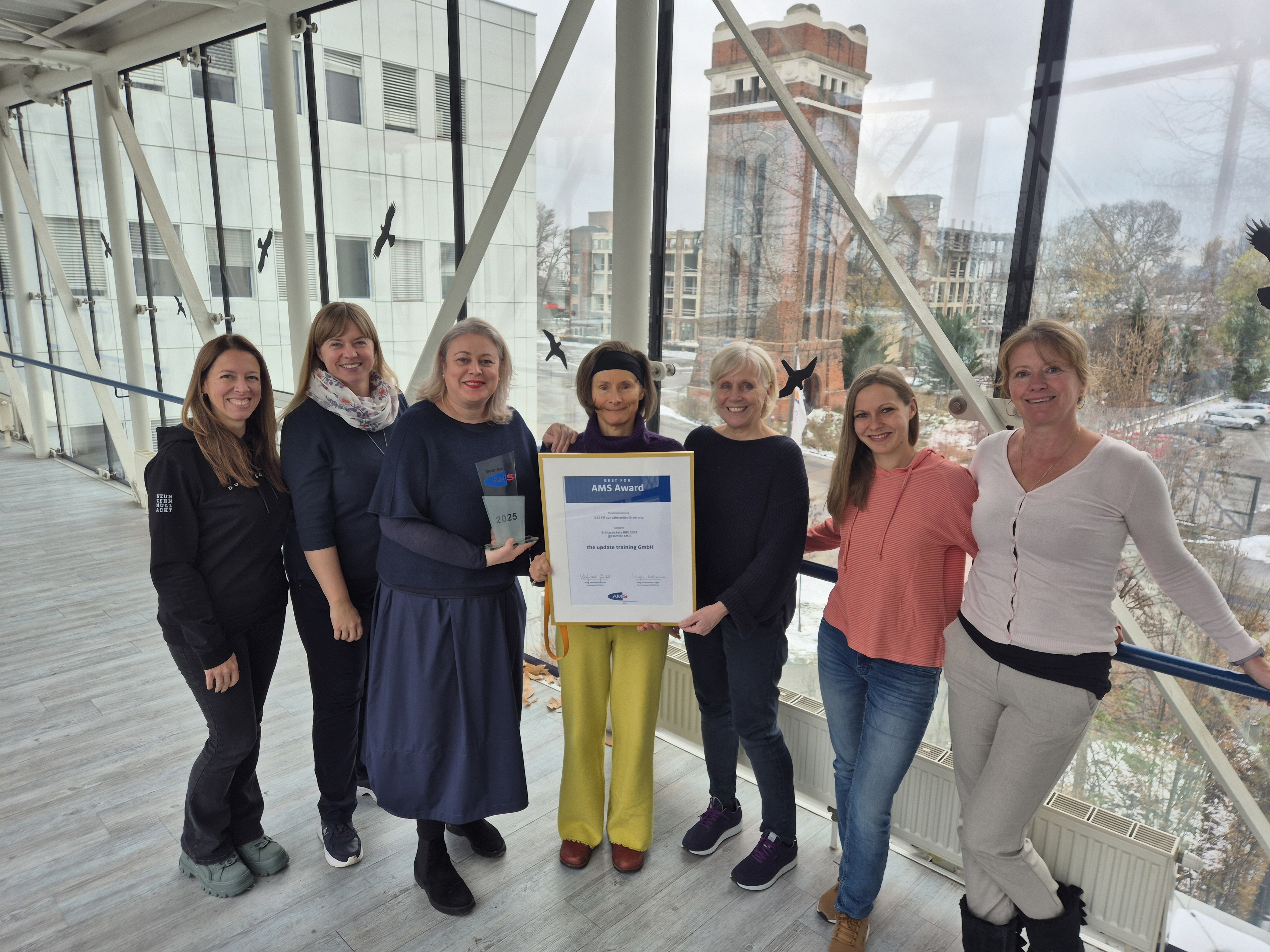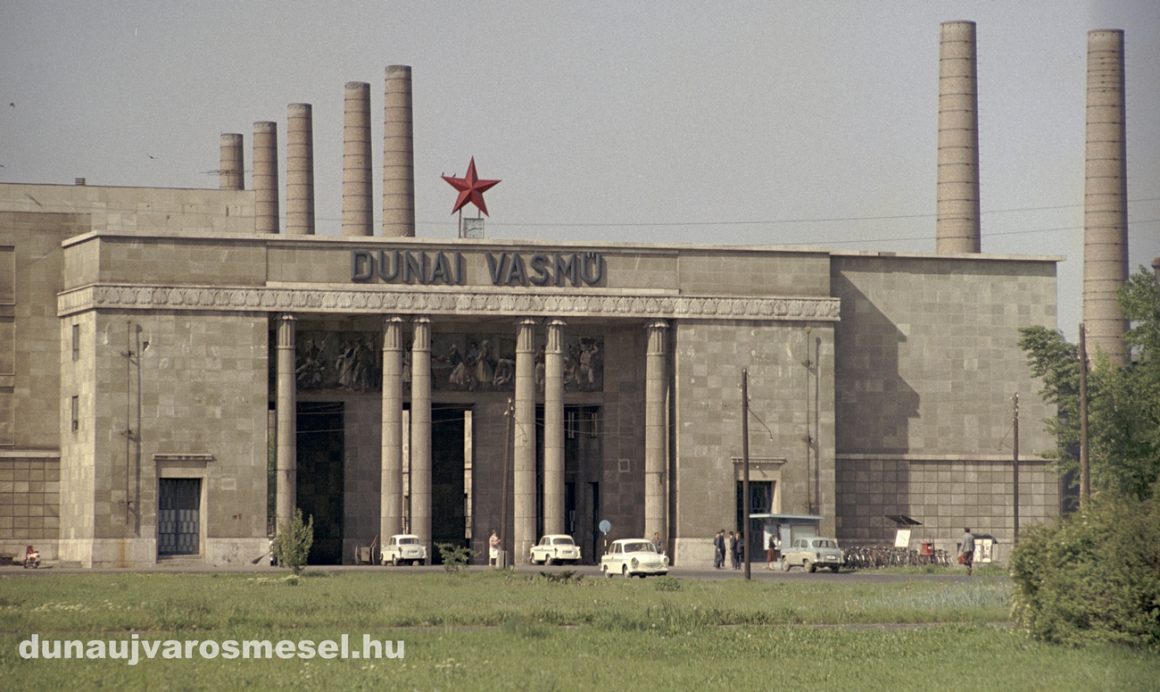
SteelCityZen Objective 3: A Systematic Approach to Labour Market Diversification
From platforms to policy frameworks, SteelCityZen is developing practical tools to support structural employment change.
Structural change demands more than intention it requires the right tools. To support (mono)industrial cities across the Danube Region in diversifying their labour markets, the SteelCityZen project places innovation at the heart of its methodology. The third project objective focuses on the development of flexible, transferable tools that enable cities to respond more effectively to labour market transitions.
These tools both digital and institutional are designed to facilitate better skills matching, stakeholder cooperation, and support service delivery, and to build local capacity for long-term, proactive planning. Crucially, they are not theoretical products but practical outputs rooted in local realities, developed through co-creation and tested in pilot settings.
Integrated Digital Solutions
One of the flagship activities under this objective is the development of a modular digital platform to support local labour market actors. This platform integrates several core functions:
Skills assessment and profiling for jobseekers;
Matching tools connecting individual competencies to available training or employment opportunities;
Data dashboards to support municipalities and decision-makers with real-time insights on labour market needs.
Designed to be customisable across different urban contexts, the platform supports multilingual use, varying levels of digital infrastructure, and is built for scalability. Its goal is to streamline interactions between workers, employers, training providers and public services, improving efficiency and responsiveness.
Co-creation Spaces and Social Innovation
Beyond digital tools, SteelCityZen is establishing physical and social innovation environments where local actors can co-design new services and cooperation models. These spaces in the form of hubs, collaborative working groups, or structured dialogues support:
Peer learning among local employment stakeholders;
Pilot testing of upskilling and reskilling programmes;
Inclusive access to labour market services for vulnerable groups.
Facilitating ongoing cooperation between public, private, and civil society actors, these activities aim to foster long-term trust and institutional innovation, ensuring that labour market support evolves with local needs.
Structured Cooperation Frameworks
To ensure that innovations outlast the project itself, SteelCityZen partners are jointly developing institutional cooperation frameworks tailored to each local context. These include:
Memoranda of Understanding (MoUs) between municipalities, employment services, and training bodies;
Action Plans outlining future governance models and responsibilities;
Stakeholder engagement protocols to ensure continued dialogue and co-responsibility.
These frameworks are designed not only to coordinate current activities, but to embed cooperation into local governance structures. Formalising relationships and workflows, they enable cities to move beyond ad hoc collaboration toward strategic, stable partnerships.
Transnational Transfer and Adaptation
All tools developed under this objective will be compiled into a transferable toolkit, allowing replication and adaptation by other cities in the Danube Region. This includes:
Practical guidelines for platform implementation;
Templates for institutional cooperation agreements;
Lessons learned from pilot co-creation processes.
To facilitate uptake, the project is organising transnational working groups, capacity-building sessions, and peer-review exchanges among partners, ensuring that outputs are not only technically sound but aligned with diverse regional needs.
Towards Lasting Impact
Through this integrated package of tools and frameworks, SteelCityZen enables local actors to transition from reactive service provision to strategic, future-oriented labour market governance. Whether through digital innovation, new spaces for cooperation, or durable partnerships, the project equips industrial cities with practical means to navigate the complexities of economic transition.
The next article in the series will examine how SteelCityZen is addressing labour market mismatches by strengthening skills intelligence and socioeconomic analysis laying the groundwork for more evidence-based employment policies.

The main entrance of the Danube Ironworks in Dunaújváros /1964 Photo: MTI/Járai Rudolf
News & Events
Read the most recent updates and explore the upcoming events.

